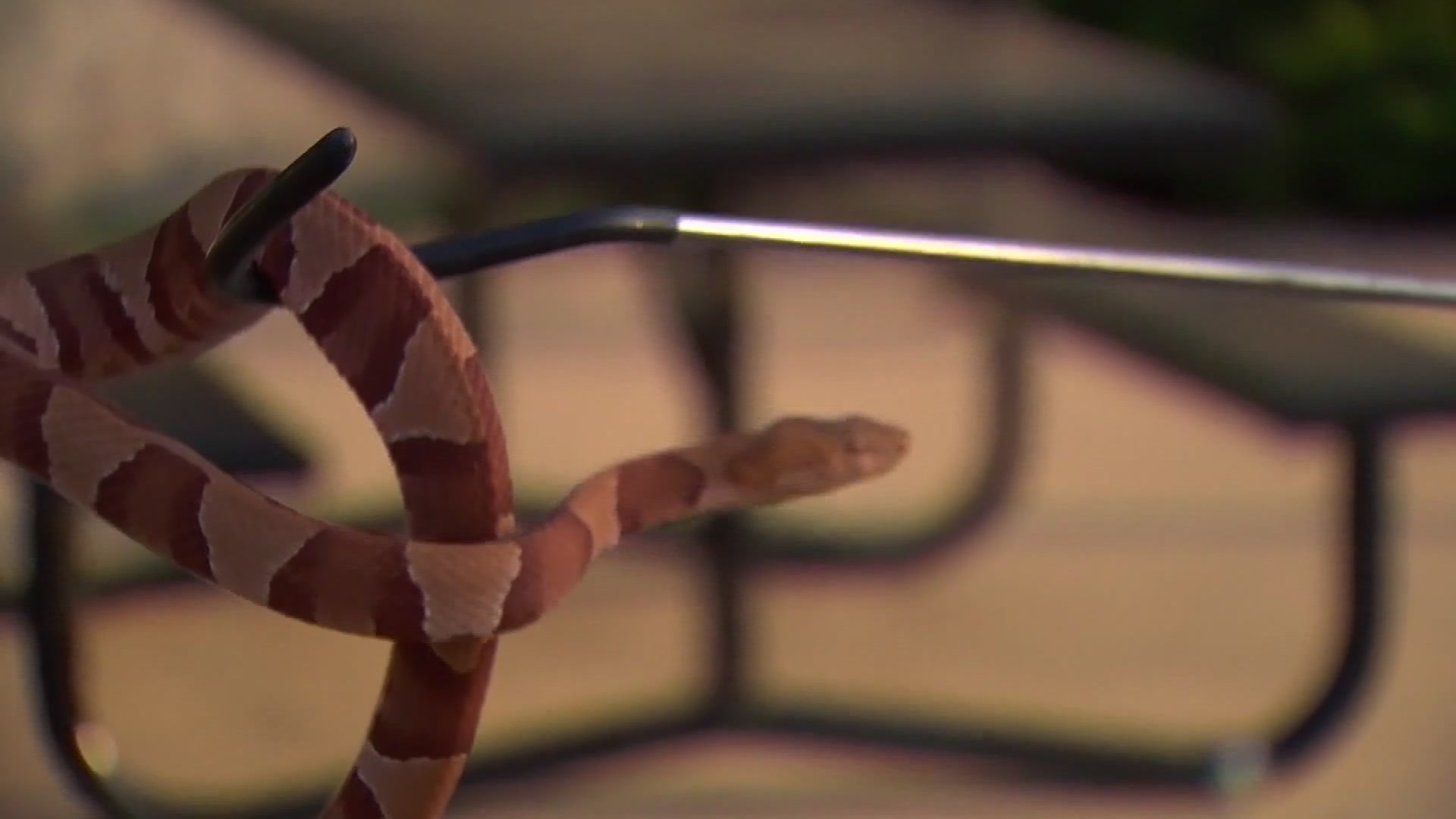Jessica Rene Tata was three months shy of her 22nd birthday when she sought to be registered as a home child-care provider in Texas. Her education ended at high school, and there was no indication of formal training in child care.
Even so, the Houston woman had everything she needed under the law to receive the state's approval as well as thousands of dollars in federal subsidies.
Since a fire last month killed four children being cared for by Tata, who is now a fugitive facing charges of reckless injury to a child and child abandonment, new attention has been focused on the adequacy of child-care regulations in Texas and elsewhere.
"You have somebody with no background in child development, very limited regulation and too many children to take care of," said Susan Hoff, a senior vice president with the United Way in Dallas who serves on the board of the Texas Association for Infant Mental Health. "That's a recipe for disaster."
Prosecutors allege the fire started when Tata went grocery shopping, leaving seven toddlers and preschool-age children alone in the Houston house she was renting. Tata fled to Nigeria as authorities began their criminal investigation.
During the funeral service Thursday for 3-year-old Shomari Dickerson, one of the children who died, the boy's grandfather told mourners that Tata needs to return to the United States. Glenn Price said she must take responsibility for what she is accused of doing.
Funerals for the other three children who died in the fire were set for Friday and Saturday.
Local
The latest news from around North Texas.
Repeated efforts by The Associated Press to reach Tata have been unsuccessful.
As investigators reconstruct the events of Feb. 24 and Tata's travels since, more details about her have emerged through state records. That story is one of a young woman who was legally able to receive approval from Texas' Department of Family and Protective Services to serve as the sole care-giver for as many as 12 children a day, including some under preschool age, despite no known specialized training.
Tata, operating as "Jackie's Child Care," was approved by the state last March 1 after she provided paperwork showing she was at least 21, had a high school diploma, was certified in CPR and first aid and didn't have a criminal record.
She also signed an affidavit stating that she'd never been convicted of, or pleaded guilty to, a felony as an adult or juvenile. The document was submitted without the signature of a notary, even though one was required.
The Houston Chronicle reported Thursday that it obtained documents showing Tata had received three years' probation as a juvenile for setting a fire at a high school in suburban Katy. She was 14 at the time, the newspaper said. The AP could not independently verify the Chronicle's report. It was not clear if the case was handled as a felony or a misdemeanor.
Patrick Crimmins, a spokesman for the Department of Family and Protective Services, said the agency's criminal background checks of Tata didn't show any arson convictions or "dispositions" of any kind. One check was done at the time she applied, and two others have been done since the fire, he said.
A month after being approved to operate her day care, Tata began receiving federal grant money on behalf of the families of low-income children. Five of the children in her care were eligible for that assistance. At the time she fled the country, the total in government money paid to her was $5,773, according to the Texas Workforce Commission, which distributes the funds.
Some in the child-care industry say Tata's lack of experience shouldn't be viewed as a sign of a wider problem with Texas' regulations.
"This is a good example of when one particular individual makes a mistake, we all pay the price for it," said Tym Smith, president of the Texas Licensed Child Care Association, an industry group. "Most follow the rules to a `T."'
But for child-care advocates and others, the case speaks to a serious gap in oversight -- one made particularly glaring because public money is involved.
According to the Department of Family and Protective Services, more than 6,500 registered child-care homes with the capacity to handle nearly 76,000 children were operating in Texas last year. Registered homes, where single care-givers work in their own residences, aren't held to the same standards as licensed child-care homes and centers, whose operators must complete some level of training prior to approval.
The only training required of registered child-care providers are 20 hours that can be completed within a year of opening.
The distinction is important, experts say, because the low end of child care is often all that poorer families can afford.
"If you want more skilled (child-care workers), then you're going to have to pay more money," said Heather Boushey, an economist who specializes in family issues for the nonprofit Center for American Progress in Washington. "And if you have to pay more, then you'll have to subsidize it more. That's the problem."
Texas is one of 11 states that do not require pre-service training for low-level child-care operators, according to data compiled by the National Association of Child Care Resource and Referral Agencies.
Linda Smith, the nonprofit's executive director, said her group believes all child-care operators should be required to receive a minimum of 40 hours of training before going into business.
"I know you can't regulate the insanity of a woman leaving the kids to go the store," she said. "But, in some ways, screening and oversight would prevent so much of this."
The Texas state senator in whose district the fire occurred, Joan Huffman, read the names and ages of the four children at the conclusion of Wednesday's session. She told her fellow senators that the tragedy should be a reminder to be "ever vigilant" in ensuring the safety of the state's children.
To date, however, only one bill under consideration deals with training for child-care providers. The bill, introduced before the fire by Sen. Royce West of Dallas, would increase the training hours for employees of day-care centers from eight to 16.
West's bill has industry support, but child-care advocates believe it doesn't go far enough -- something they say the Houston tragedy has reinforced.
"Unfortunately, it takes the loss of a child to make people see what should be done," said Melanie Rubin, a consultant for a child-care advocacy group in Dallas.



